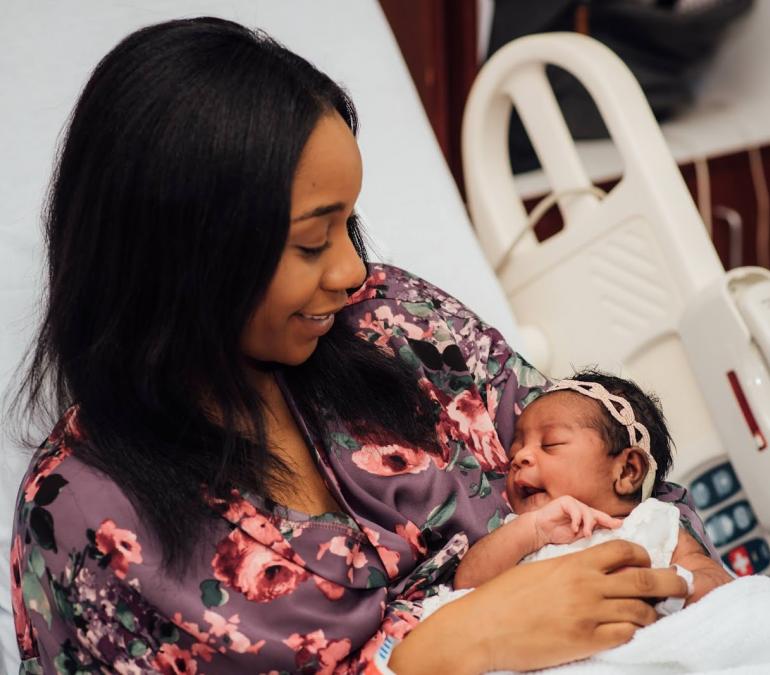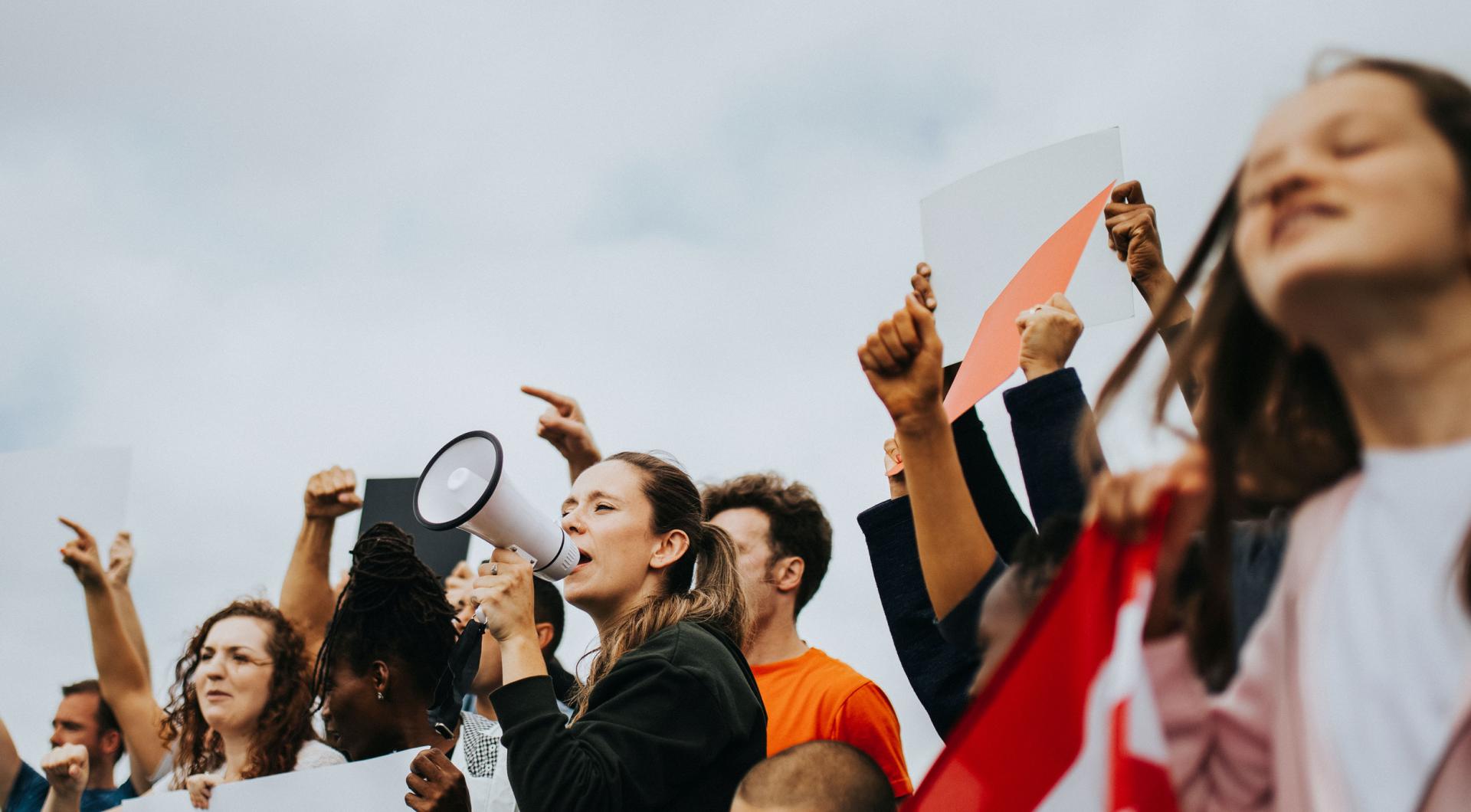New Orleans, LA
We are working together to address the issues furthering health inequities for families in New Orleans.

Our Work Together
Partnering with local government, state leaders, corporate health partners and community-based organizations and stakeholders, our Local Collective Impact Initiative will confront challenges by building solutions to achieve health and racial equity for all moms and babies.
Challenges Facing Local Moms and Babies
New Orleans is the cultural center of Southeast Louisiana, known for its distinctive music, Creole cuisine, unique dialects, and its annual celebrations and festivals, most notably Mardi Gras. The city is widely considered an economic and commercial hub for the broader Gulf Coast region of the U.S. As the most populous city in Louisiana, it is home to more than 309,000 residents (60% are Black) and about 4,600 live births a year.
The city also faces challenges. Poverty in addition to gaps in educational achievement, limited internet access and inadequate access to health care help fuel the local maternal and infant health crisis. The city has the 3rd highest income inequality gap in the contiguous U.S. with nearly a quarter of the population living below the federal poverty level. Black residents are five times more likely to live in poverty than their White counterparts, with devastating events, like hurricanes, contributing to this earnings gap. These factors contribute to high rates of preterm birth and infant mortality, particularly for communities of color.

News & Resources
This March of Dimes press release describes support for our Local Collective Impact Initiatives in Shreveport and New Orleans.

Watch or read this interview with the Medical Director of the Louisiana Perinatal Quality Collaborative as well as the Louisiana Pregnancy-Associated Mortality Review about maternal mortality.

Read this report about racial disparities and birth outcomes resulting from a collaboration between two organizations within Tulane University: The Mary Amelia Douglas-Whited Community Health Education Center (MAC) and Newcomb College Institute (NCI).


GET INVOLVED
Every family can have the best possible start. But today, too many moms and babies are dying or experiencing serious health complications related to childbirth—and far too many are moms and babies of color. Only by working together can we confront inequities and ensure the health and wellbeing of every family.
